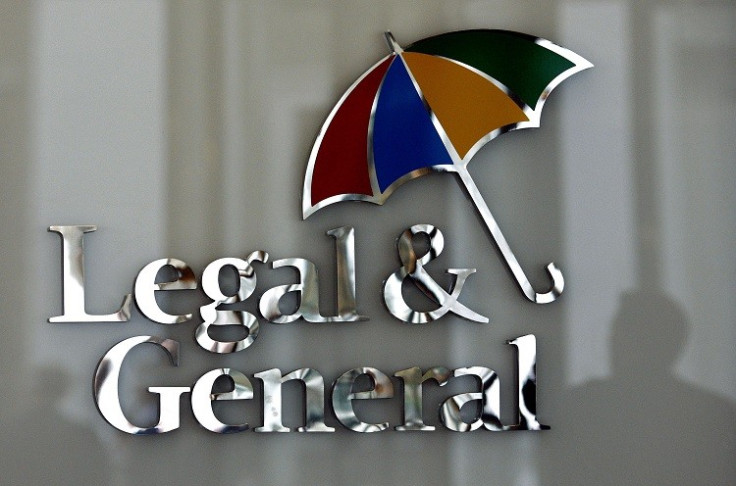Legal & General Calls in Goldman Sachs to Advise on Potential Co-op Insurance Bid

Legal & General is reportedly eyeing a purchase of troubled Co-operative Group's insurance arm.
The London-based insurer has hired in US investment bank Goldman Sachs to advise on a potential bid, an anonymous source close to the process told Reuters news agency. All three organisations declined to comment.
Co-operative's insurance business made £28.8m pre-tax profit in the first half of 2013.
Co-op Group has been plagued by financial problems and a drugs scandal involving its banking arm's former chairman Paul Flowers.
Lord Myners, the former Labour city minister, has been drafted in as a director to oversee the group's internal governance review into how it runs itself.
There is also an independent inquiry into Co-op Bank launched by Chancellor George Osborne and the accountancy watchdog, the Financial Reporting Council (FRC), is also considering a probe.
Co-op Bank abruptly pulled out of negotiations to buy 632 Lloyds branches in April. It later emerged that it had a £1.5bn capital hole on its balance sheet.
In order to plug the gap and avert a government bailout, Co-op hatched a plan to convert junior bondholders into equity stakeholders. Much to the dismay of the ethical lender's members, it also handed a 30% stake to a group of six hedge funds to save the bank.
In November, Co-op Bank revealed it is closing 15% of its branches and cutting jobs as part of a five-year turnaround plan. In the first six months of 2013, the bank made a pre-tax loss of £709.4m.
The bank racked up huge losses on commercial property during the financial downturn, much stemming from is disastrous takeover of the Britannia Building Society.
Police arrested the bank's former chairman Flowers, who was allegedly embroiled in crack cocaine, crystal meth and ketamine-fuelled sex orgies, as part of an investigation into the supply of illegal drugs. He was bailed after questioning.
Flowers was paid £132,000 a year as chairman of the Co-op Bank from 2010 until May 2013, when he stepped down.
He faced embarrassment in front of the Treasury Select Committee after telling MPs that Co-op's assets stood at £3bn when, in fact, they were around £47bn.
Co-op Bank is one of UK's smallest lenders with 6.5 million customers and a 1.5% share of the current account market.
© Copyright IBTimes 2025. All rights reserved.




















